 The U.N. Security Council voted Wednesday to further tighten sanctions on North Korea in response to their fifth and largest nuclear test yet.
The U.N. Security Council voted Wednesday to further tighten sanctions on North Korea in response to their fifth and largest nuclear test yet.
The council unanimously approved the sanctions resolution following months of diplomatic wrangling over how best to respond to North Korea’s latest nuclear test in September and their repeated defiance of international sanctions and diplomatic pressure.
“The Security Council has today taken strong action on one of the most enduring and pressing peace and security challenges of our time: the nuclear and ballistic missile activities of the Democratic People’s Republic of Korea. I welcome the unanimous adoption of this new resolution,” U.N. Secretary-General Ban Ki-moon, who is South Korean, said, referring to North Korea by its full name.
The new sanctions target North Korea’s hard currency revenues by placing a cap on coal exports, cutting them by at least 62 percent.
Diplomats said the new sanctions further clarify that the “livelihood” exemption, which allowed the Chinese imports, is meant only to protect the livelihoods of those currently living inside North Korea, not Chinese people or companies doing business with the country.
The sanctions would also slap a ban on North Korea’s exports of non-ferrous metals and sanction 11 government officials as well as 10 entities linked to the country’s nuclear weapons program. The sanctions include a host of other measures cracking down on the country’s access to the international banking system and on North Korea’s export of statues, which have earned the country hard currency mostly through sales to African nations.
North Korea’s main ally and largest trade partner, China hailed the sanctions as striking a balance between punishing the rogue nation and protecting its people.
“The resolution adopted by the council today demonstrates the uniform stand of the international community against the development by DPRK of its nuclear missile programs and forward the maintenance of the international non-proliferation regime,” China’s Ambassador Liu Jieyi said, adding that the measures “are not intended to produce negative consequences on DPRK’s humanitarian situation.”
North Korea’s persistent pursuit of missiles and nuclear weapons has long been one of the most intractable foreign policy problems for U.S. administrations.
Diplomacy has so far failed. Six-nation negotiations on dismantling North Korea’s nuclear program in exchange for aid were last held in late 2008 and fell apart in early 2009.
The Korean Peninsula remains technically at war, as the 1950-53 Korean War ended in an armistice, not a peace treaty.
(AP)

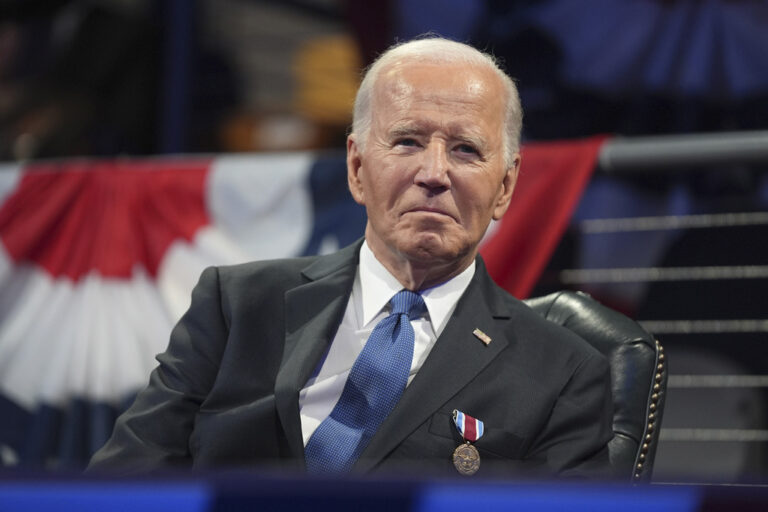
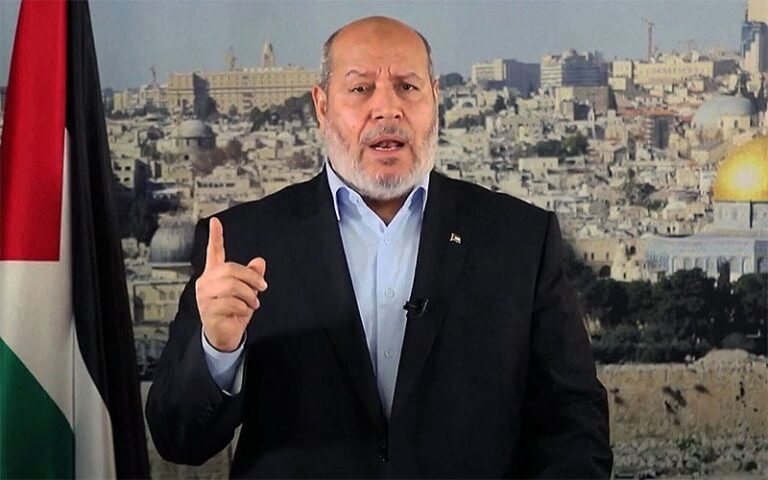


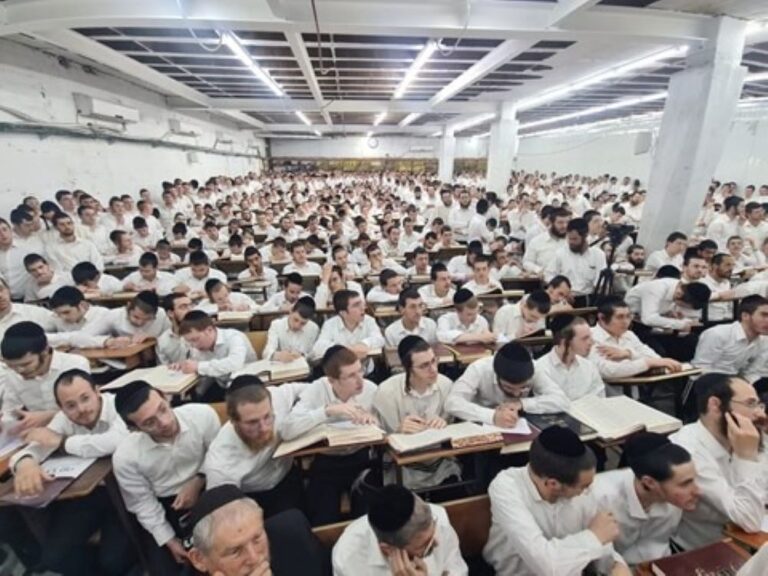
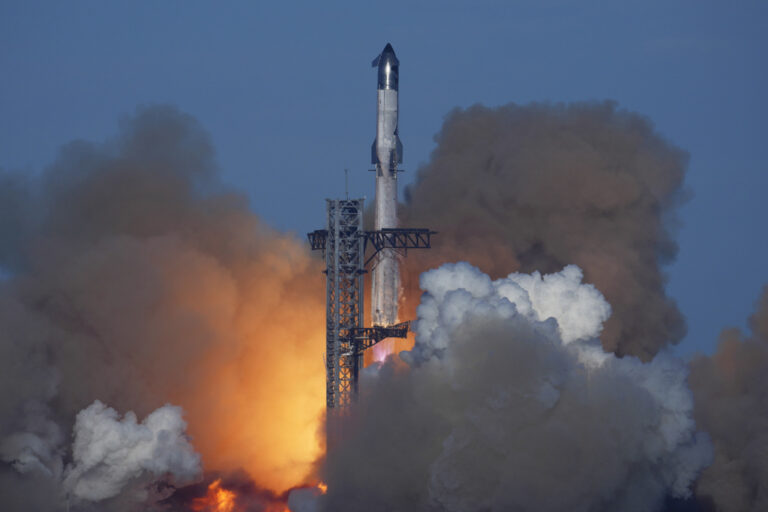

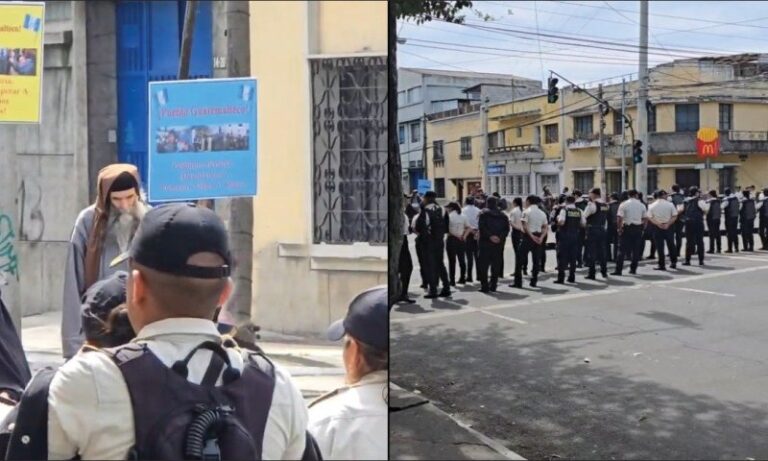


One Response
I don’t remember this episode of M*A*S*H